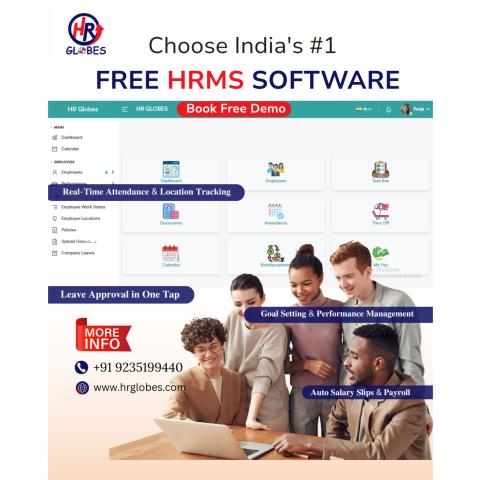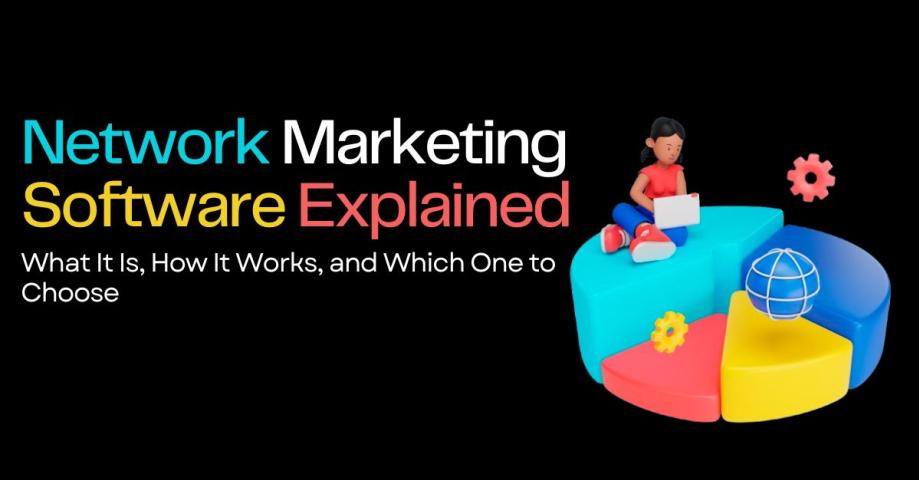In today’s fast-paced business environment, managing human resources efficiently is more critical than ever. Organizations worldwide are shifting from traditional HR processes to modern, technology-driven solutions. One of the most revolutionary advancements in this space is cloud-based HRM software. With its ability to streamline HR processes, improve accessibility, and enhance security, cloud-based HRM solutions have transformed the way businesses handle their workforce management.
Understanding Cloud-Based HRM Software
Cloud-based Human Resource Management (HRM) software is a digital platform that enables businesses to manage their HR functions via the internet. Unlike on-premise HR systems that require extensive infrastructure and maintenance, cloud-based HRM systems operate on remote servers. This allows businesses to access HR tools anytime, anywhere, using just an internet connection.
These platforms offer features such as payroll processing, employee records management, recruitment tracking, performance evaluations, leave and attendance management, and compliance monitoring.
Key Benefits of Cloud-Based HRM Software
1. Cost-Effectiveness
One of the primary advantages of adopting cloud-based HRM software is cost savings. Traditional HR systems require significant investment in hardware, IT maintenance, and software updates. Cloud-based solutions operate on a subscription model, eliminating hefty upfront costs and reducing IT expenditures.
2. Improved Accessibility and Remote Work Support
With the rise of remote and hybrid work models, cloud HRM software has become indispensable. Employees and HR professionals can access the system from any location, making it easier to manage HR tasks without being confined to a physical office.
3. Scalability and Flexibility
Whether you are a startup, small business, or large enterprise, cloud-based HRM solutions scale with your organization’s growth. As your workforce expands, you can add features or increase storage capacity without significant infrastructure changes.
4. Automation and Efficiency
Cloud-based HRM platforms automate repetitive HR tasks such as payroll processing, tax calculations, and compliance reporting. Automation reduces the risk of human errors, increases efficiency, and frees HR teams to focus on strategic initiatives such as employee engagement and workforce planning.
5. Enhanced Security and Compliance
Security concerns are a top priority for HR data. Cloud-based HRM solutions use advanced encryption, multi-factor authentication, and data backup strategies to protect sensitive employee information. Additionally, they help businesses comply with labor laws, tax regulations, and industry standards by automatically updating compliance requirements.
6. Data-Driven Decision Making
HR analytics is a powerful tool that cloud HRM software provides. Businesses can gain insights into workforce trends, employee performance, retention rates, and productivity metrics. These data-driven insights empower organizations to make informed HR decisions and implement effective policies.
Choosing the Right Cloud HRM Software
Selecting the right cloud-based HRM software depends on several factors, including business size, industry, and specific HR needs. Here are some key considerations:
User-Friendly Interface: Ensure the software is intuitive and easy for HR teams and employees to use.
Customization Options: Look for solutions that allow businesses to tailor HR processes according to their unique needs.
Integration Capabilities: The software should integrate with existing business applications, such as payroll and accounting software.
Customer Support: Reliable customer support is crucial for addressing technical issues and ensuring seamless implementation.
Future Trends in Cloud-Based HRM
The HR technology landscape is continuously evolving, and cloud-based HRM software is no exception. Some emerging trends shaping the future of cloud HRM include:
AI and Machine Learning: AI-powered chatbots and predictive analytics are transforming HR processes, from recruitment to employee engagement.
Mobile HR Solutions: With the increasing use of mobile devices, HRM software providers are optimizing their platforms for mobile accessibility.
Employee Experience Focus: Modern HRM solutions are incorporating employee well-being and engagement tools to create a more positive workplace environment.
Conclusion
Cloud-based HRM software is no longer just an option—it’s a necessity for businesses aiming to streamline HR operations, reduce costs, and enhance workforce productivity. By leveraging cloud technology, organizations can stay ahead in today’s competitive landscape while ensuring a seamless, efficient, and secure HR management system. If your business has yet to adopt a cloud HRM solution, now is the time to make the shift and unlock its full potential.









